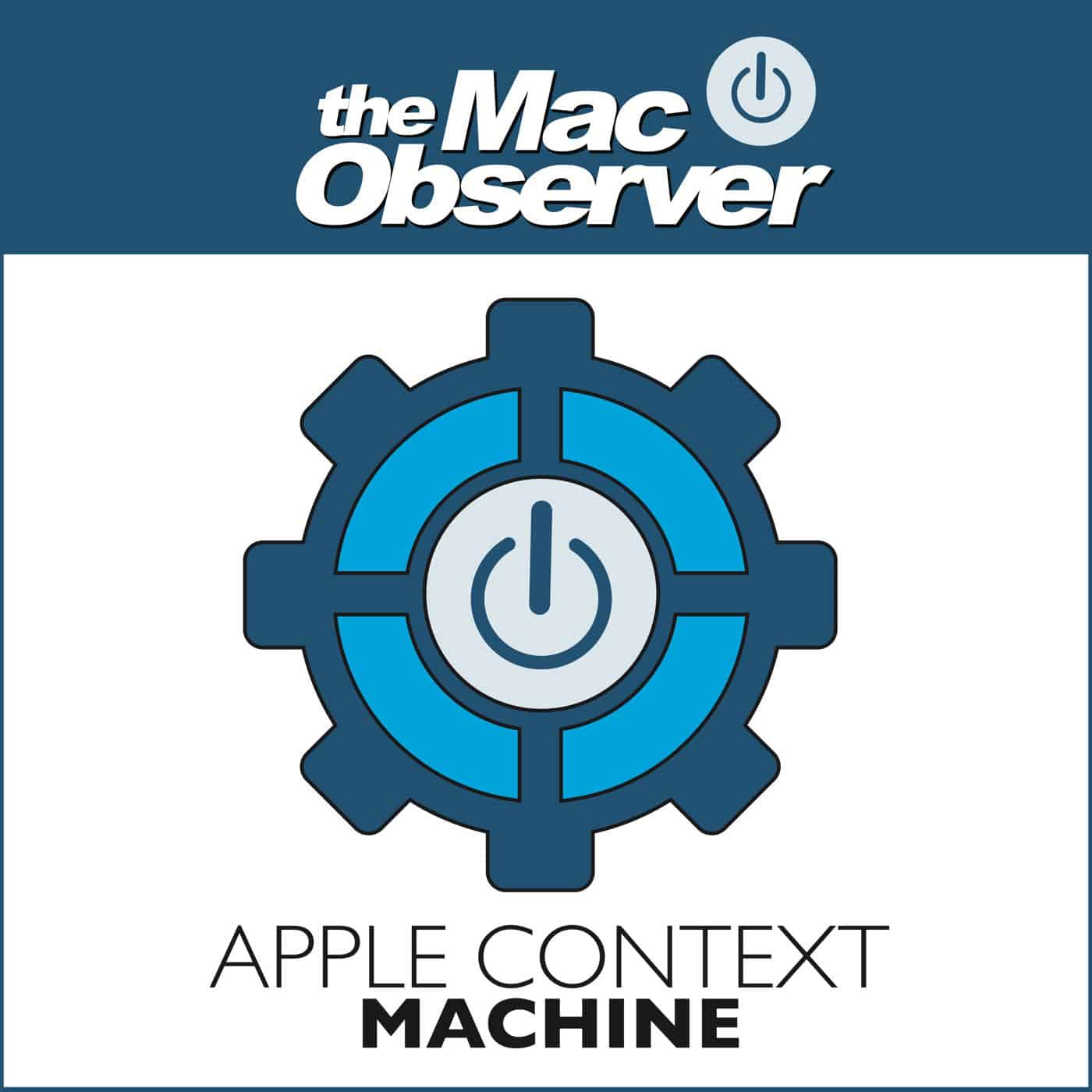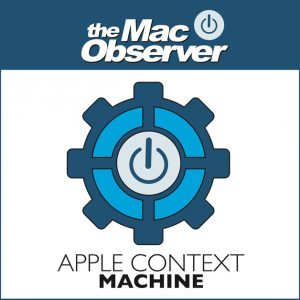Apple’s ASMR Venture, LOL Samsung, AAPL Buybacks with Charlotte Henry – ACM 520
Apple has posted plenty of “Shot on iPhone”: videos, but four new ASMR videos mark the first time where the content is more about the experience than it is about the device that made it. Bryan Chaffin is joined by guest-host Charlotte Henry to discuss it. They also talk about Samsun’s lame decision to pull an old ad from its YouTube channel that mocked an Apple move that Samsung is following today. So lame. They also look at Apple’s gargantuan effort to buy $24 billion of its own stock in just the June quarter.
Show Notes


More comments than you want on your discussion of the Apple Share buy backs.
My background for this is having served on the Board of Directors of a company that had to decide how to deal with a growing pile of cash. This was a much smaller company than Apple and a much smaller amount of money but the legal principles are the same.
I believe your discussion overlooked a couple things and was wrong about another.
Tim Cook and Apple’s Board have three responsibilities in this order:
1) Run Apple legally.
2) Deliver value to Apple’s Shareholders. (Note: this does not mean delivering the highest possible stock price every day or every quarter.)
3) Everything else
I happen to believe that the best way to do this (and the company I was the Board of operated this way) is to treat your employees, partners and customers well and fairly and to operate the business to the highest possible ethical standards. Legally, though those are the Board’s top three priorities.
On to the buyback discussion:
Apple needs cash to fund ongoing operations, manage business risk and to pursue new products and business opportunities. Any cash beyond what they need to do this should be returned to the shareholders. There are lots of banks in the world; the shareholders don’t need Apple to keep their money if Apple is just going to stick in CD’s. Apple only has three ways to deliver value to their shareholders; pay dividends, increase the share price or buy Apple stock.
Apple could pay out excess cash as dividends but this raises a couple issues. It would require raising and lowering the dividend to manage cash reserves and the market hates it when companies lower their dividend. Dividends also are taxed as ordinary income for the shareholder. Both of these are disadvantages to using dividends to return the excess cash to the shareholders.
Apple could try to return the value of the cash to shareholders by increasing the stock price. Say, by making one or more large acquisitions. Bryan said that while he was not in favor of this that it would be the most effective way to use the money. He was wrong about this. Studies show that most (80% – 90%) of large mergers and acquisitions generate negative shareholder value; the value of the combined companies after the acquisition is less than the total value of both companies before the acquisition. There may be companies Apple could buy that would temprarily increase the stock price but the odds are against generating a long term increase in shareholder value this way. (Why are there so many large mergers and acquisitions then? CEO’s tend to believe they can beat the odds, they personally make a lot of money and many Boards of Directors do not take their responsibilities to their shareholders as seriously as they should.)
This leaves the third way to return the excess cash to the shareholders, the stock buyback. This has a few advantages. Every shareholder who sells stock to Apple is deciding this is the right time and price for them to realize the value in their stock. The income counts as capital gains not ordinary income which is probably a lower rate for most sharehlders. The shareholders who do not sell shares to Apple should see at least a small increase in the value of their stock because the buyback decreases the number of shares outstanding so each share should be worth more. (Typically this increaes is less than it theoretically should be but is real.)
So, the Board’s top priority is delivering value to shareholders. If Apple has cash in excess to what is needed to run and grow the business and manage risk then the Board should find a way to return that value to the shareholders. With 200 million dollars in cash one can fairly say that Apple must have cash beyond what need for the business. A stock buyback is both targeted to shareholders who want to extract value and more tax efficient than paying a dividend.
Bryan said that Apple’s share buy back proves the Board believes Apple has major new business initiatives in the offing. The Board probably does believe this; I hope they do, but I don’t think the share buy back proves they do. It is not like Apple gets some big return if they buy back their stock cheap and it goes up later. Once they buy a share it’s gone, the number of outstanding shares goes down and the value per share of the remaining shares goes up (at least a little).
I have been one of the people who decides to buy back a company’s shares and can honestly say that the prospect for some big profitable new product coming out was never a factor in the discussion. One could make a case that buying stock from shareholders at price you believe is significantly lower than it will be in the future based on knowledge of new business initiatives or products that Tim Cook and the Board have and have not shared with the shareholders is violating their fiduciary responsibility to protect the interests of all shareholders.
I enjoy the show. Feel free to let me know what you think I have wrong here.
Who’d have thought deleting a video would generate so much publicity? Genius!
And the-company-which-must-not-be-named got Bryan to say the word ‘Samsung’ almost 2000 times in one podcast.
Belgium, man, Belgium!!
I only commented because, I want one of those explode-a-phone10 screens with rounded corners that don’t look like the 1980s. Not that Apple will ever be able to buy one (much less 70 million) anytime soon.
Cheers and thanks for the show.